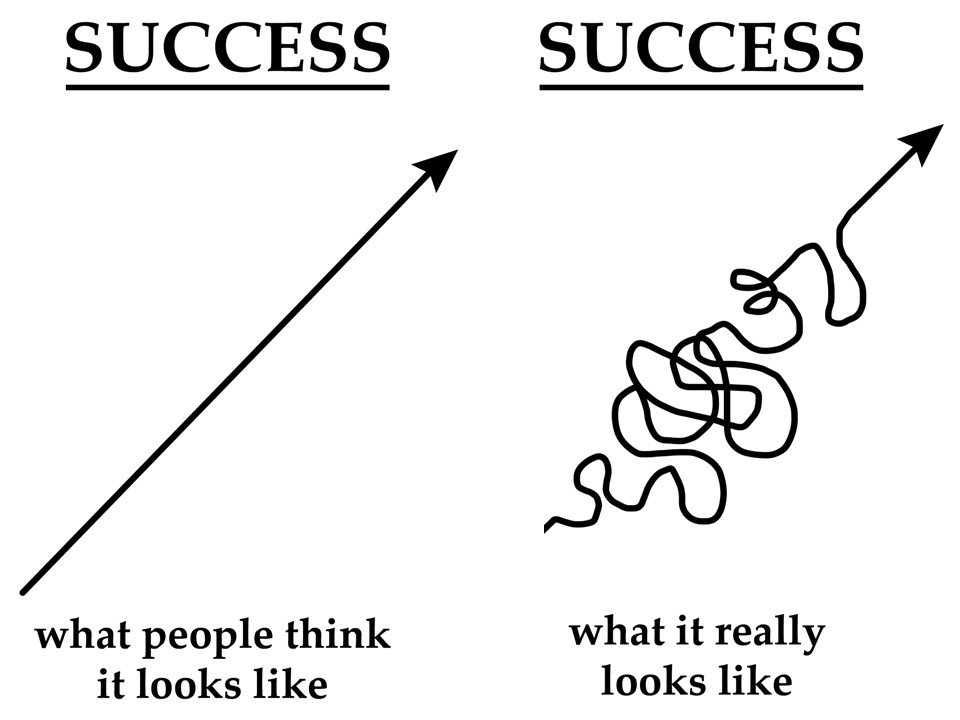Bravo to you for Googling how many calories are in a pound of fat! We take our hats off to you. It is the question that holds the key to successful weight loss endeavours. In addition, hundreds of thousands without this knowledge come unstuck. Furthermore, we have the answer!
The Importance to How Many Calories in a Pound of Fat
Firstly, we have over 12 years experience in the fitness industry. And we can’t tell you how many people have quit whilst in the midst of transforming! Secondly, it’s very common to lose weight but it not be fat – yet you think you’re winning. Contrarily, just as common to gain weight yet have dropped body fat – yet you think you’re losing!

How Many Calories in a Pound of Fat isn’t Black and White
There are multiple factors that come into play regarding losing weight. Therefore, we can’t put our full focus on expecting that pound to come off on day 7 at 07:00. Consequently, we have included other great assessment tools below to track progress. As a result you needn’t relying on one tricky operator. We go into detail on why below!
Weighing Scales
A great Personal Trainer will always ensure you use an array of assessment tools and never rely on one. And if you were to rely on one it would probably be picture progression every 4-6 weeks. So, what other tools are there? Well, there are many! Firstly, you have the scales which can reveal which direction you’re moving in though they have pitfalls if not used correctly. Secondly, it is recommended to weigh in 4-7 times per week and before you tear your eyeballs out, here us out. By weighing in more frequently you get to cancel out the irregularities and fluctuations. Thirdly, you would simply add your weigh ins together and then divide by 7 (or however many times you weighed in). This will provide a more accurate number.
Fluctuations include; water (a pint of water is 1 pound), carboHYDRATE (for every gram we consume we retain 2.7 grams of water) and food variations in the digestive tract. Furthermore, salt (water retention), cortisol (water retention), muscle growth and time of the month. Now you can see that weighing in every 7 days can be highly misleading. In addition, you would be better judging progress every 2-3 weeks if regular weighing brings psychological issues.
Picture Progress
The art of fat loss is to positively change your body composition or your muscle to fat ratio. Again, you can see straight away how scales can be misleading because they don’t show you what your fat to muscle ratio is. Furthermore, even scales that are designed to decipher what you’re comprised of are highly inaccurate. And I am referring to the gold standard – DEXA scans, never mind gym ones. We and people for that matter see a body, not a number. Picture progress reveals genuine changes.
Measurements
Say for example that you have maintained weight for 3 weeks straight. You take your measurements and find out that you have lost 2 inches from your waist, 1 inch from your glutes and gained on your shoulders and extremities – this is a big win! Following on, this is showing that you are clearly gaining muscle and dropping body fat in the right places which leads to no more doubting.
Training Performance
Let’s say here, you have gained a pound over the last 2 weeks but have gained 5 kg on the bench press, back squat and deadlift in that same time. You are winning! More strength in most cases means muscle has been built and body composition is therefore improving!
Clothing
This one is simple, if your clothes feel looser around the hips or waist yet the scales are the same, you are winning!
There are Roughly 3,500 Calories in a Pound of Fat!
As you can see from the infographic, if we deduct 500 daily calories from our total daily energy expenditure (TDEE aka maintenance calories) we’ll drop roughly 1 pound of fat per week! With that said, the scales may not yet show this until day 8 or 9 because of scale fluctuations hiding our fat loss success. And this is fine because you now know there are around 3,500 calories in a pound of fat. And you are being consistent and tracking everything that goes into your mouth. Thus, you are progressing irrelevant of scale noise. On the other hand if you have issues with tracking calories or adherence it will most definitely be down to not choosing the right food balance. Furthermore, foods high in volume and nutrition yet low in calories are highly advantageous to both appetite and eyeballs in terms of filling up your tummy and plate!
In Conclusion
Finally, this post hopefully has provided you with some common sense and solid science to keep you focused on what matters. From here on you know that a day at TDEE on a Saturday night when you fancy a treat meal will never cancel out the previous days of fat burning (unless you unintelligently binge that is). Therefore, you wake up the day after and make brand new progress! Important to remember, due to eating more food you’ll be up on the scales the day after. Because of all the things mentioned in the weighing scales paragraph. This blog by Very Well Fit is a great read and speaks more about the 3,500 calorie concept.
Read this blog to understand exactly what our metabolic furnace consists of. And what goes into the neat process of fat burning in this simplified read.
Learn anything new?
Coach

